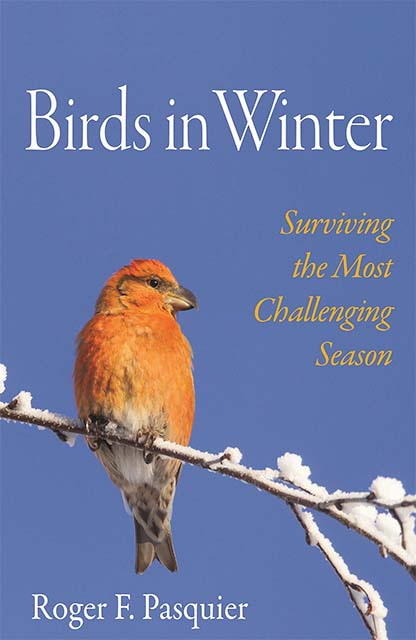
Roger Pasquier will discuss the ecological and behavioral adaptations that birds have evolved to survive winter, a season that affects not only the birds that remain in regions where it becomes cold each year, but also the migrants that travel far to avoid the effects of cold and the resident species with which they share habitat at their destinations. Winter, in fact, affects birds’ lives all through the year, beginning in late summer, when some birds begin storing food to retrieve months later and others form the social groups in which they will remain until spring. Winter also has distinctive conservation challenges. Many birds winter in latitudes and habitats occupied densely by people, reducing the available natural habitat and exposing them to pollutants, invasive species, and hunting pressures they do not encounter the rest of the year. Finally, global warming is altering the nature of winter itself, shortening the season, changing or eliminating some vital winter habitats, shifting food sources, and throwing off the sense of timing that triggers birds to arrive at both their breeding and winter destinations at the optimal moment.

Roger Pasquier is an associate in the Department of Ornithology at the American Museum of Natural History. A member of The Linnaean Society of New York since 1968, his career has been in ornithology and conservation at the American Museum of Natural History, the U.S. National Museum, World Wildlife Fund-U.S., the Environmental Defense Fund, and the National Audubon Society.

